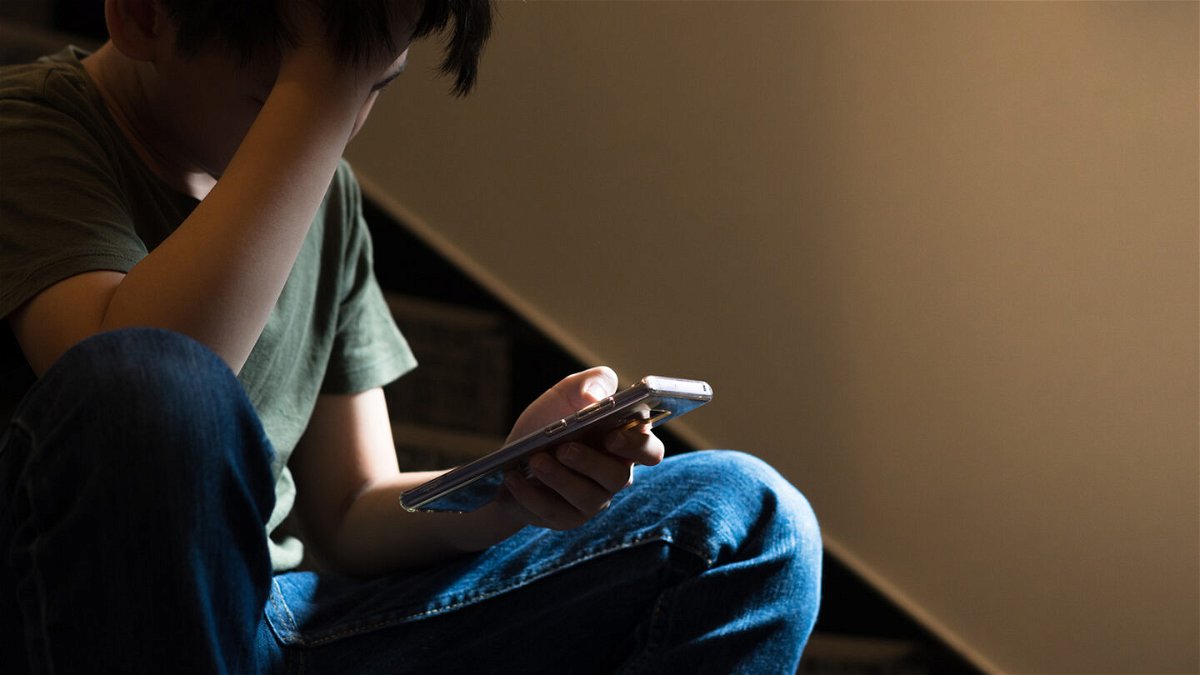For adolescents, social media might be a brain-changer, researchers say

Frequent use of social media could be reshaping how adolescents' brains develop
By Madeline Holcombe, CNN
Frequent use of social media could be reshaping how adolescents’ brains develop, a new study found.
Those who checked their platforms more often were more likely to be sensitive to general social rewards and punishments, according to the study published Tuesday.
“For youth who habitually check their social media, the brain is changing in a way that is becoming more and more sensitive to social feedback over time,” said lead study author Dr. Eva Telzer, assistant professor of psychology and neuroscience at the University of North Carolina at Chapel Hill. “And this is setting the stage for how the brain continues to develop into adulthood.”
Telzer and her team studied 169 sixth and seventh grade students in rural North Carolina to determine how habits around checking social media impacted their development.
Over a three-year period, the students — who were all 12 or 13 years old when the research began — reported their social media behavior and underwent annual fMRI imaging of their brains to see their neural responses to an onscreen display of positive and negative social feedback, such as a happy or angry face.
During that period, the students who reported checking their social media more regularly showed greater neural sensitivity in parts of the brain like the amygdala, Telzer said. Those who checked their social media less frequently saw less sensitivity in those areas on the fMRI.
It is not clear whether the neural changes resulted in behavioral changes, like increased anxiety or addictive behaviors, Telzer said.
It is important not to worry too soon, she added. The study established a strong correlation between social media habits and greater sensitivity to feedback, but it cannot say for sure if one is causing the other, she added.
It’s also unclear whether greater sensitivity to social consequences is a good or bad thing.
“Heightened sensitivity could lead to later compulsive social media behaviors, or it could reflect an adaptive neural change that helps teens navigate their social worlds,” Telzer said.
Teens and social media
Social media is filled with ways to get feedback from peers, whether it is through the excitement of a like on a post or criticism from a mean comment, said Dr. Neha Chaudhary, chief medical officer of BeMe Health and child and adolescent psychiatrist at Massachusetts General Hospital and Harvard Medical School. Chaudhary was not involved in the study.
And adolescence is simultaneously a time of high social media use and critical brain development. Adolescent brains are going through the most development and reorganization, second only to infancy, making them more susceptible to environmental influences, Telzer said.
As a child and adolescent psychiatrist, Chaudhary said she has often wondered about the role social media plays in development.
It is possible that the results of the study point to social media changing adolescent brains, but it could also be that some of the students were already experiencing changes in their brain development that led to more social media use, Chaudhary said.
How to address the habit
Whether brain changes are the chicken or the egg in this case, there are steps caregivers can take to help teens exercise caution around social media use.
“I’d strongly encourage folks — especially adolescents — to take frequent breaks from social media use,” Chaudhary said.
Doing so can help young people connect more deeply in person, feel more present and “separate from the constant, often anxiety-provoking, influx of information about the world and other people’s lives,” she said.
Chaudhary advised that families take a four-step approach to teens’ social media use: help them evaluate how they are using it, ask how social media serves them, encourage them to identify changes they want, and make a plan to get there, she wrote in a 2021 story.
And even for young people who like to spend time online, there are ways to do it that don’t pose some of the potential risks social media does, she added.
“It might be time to find those non-social media apps and digital experiences and rethink how much time you spend on platforms that aren’t leaving you feeling calm, refreshed, and in a better headspace,” Chaudhary said.
The-CNN-Wire
™ & © 2023 Cable News Network, Inc., a Warner Bros. Discovery Company. All rights reserved.
Correction: A previous version of this story incorrectly stated Dr. Neha Chaudhary’s professional title.